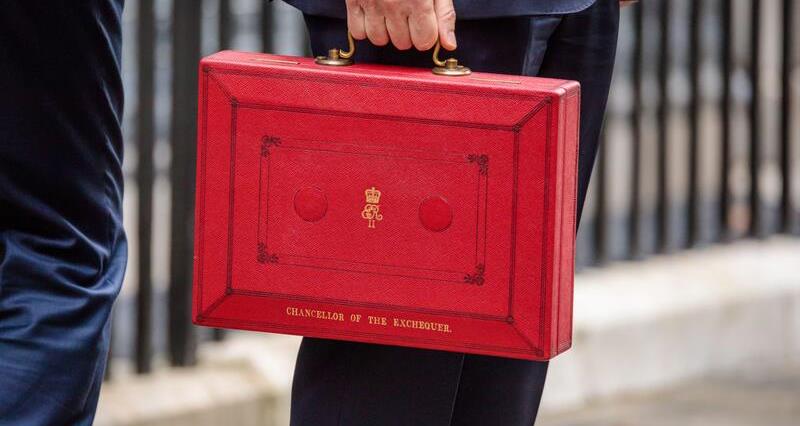Chancellor Jeremy Hunt announced that tax reliefs for FHLs would be abolished in a bid to increase the properties available for more permanent rental.
The NFU strongly opposed similar plans in 2009 and will do so again.
“Agricultural businesses are facing a challenging economic backdrop, with input costs at persistently high levels and at least a 50% reduction in direct farm payment support due this year,” said NFU President Tom Bradshaw.
“The announcement on the abolition of the Furnished Housing Letting regime is a significant concern as it’s an important source of diversification for farm businesses which underpins resilience. We will be looking to engage further with Treasury on this announcement.”
Mr Hunt also announced plans to abolish Multiple Dwellings Relief, with guidance suggesting there will be engagement ‘with the agricultural industry to determine if there are any particular impacts for the sector that should be considered further’.
APR reassurance
Farm businesses gained an important reassurance on the tax treatment of land entered into environmental land management schemes, when guidance accompanying the Budget said that APR (agricultural property relief) from inheritance tax would be extended from April 2025.
In its response to a consultation last year, the NFU had stressed that was a key ask to prevent undermining the uptake of ELMs, and the government’s wider environmental aspirations.
“The Chancellor has missed an opportunity to deliver resilience for food producers.”
NFU President Tom Bradshaw
“We welcome the government backing the NFU’s call for the extension of APR to land in Environmental Land Management schemes as it will remove a barrier of entry for a number of farm businesses and give farmers more choice about how to use their land,” Tom said.
“But the extension of this beyond ELMs may have an adverse impact on food production and farm tenancies and we will work with Treasury to assess those implications.”
‘Missed opportunity’
Meanwhile, rural areas could also benefit from increased devolved funding, among them Buckinghamshire, Warwickshire and Surrey.
The Chancellor’s big set-piece featured a much trailed further 2% cut to the headline NI (National Insurance) rate for employees, which will decrease to 8% for more than 27 million workers, saving the average worker £450, and a cut from 8% to 6% for the self-employed.
Mr Hunt announced a continued freeze on fuel duty, with the 5p ‘temporary’ reduction renewed again for 12 months, a freeze on alcohol duty, and a £200m extension of the ‘recovery loan scheme’, under which the government guarantees 70% of bank loans for small and medium-sized businesses, until 2026.
Some £6 billion will be invested to boost efficiency and modernise outdated IT systems in the NHS, while Mr Hunt said that non-domicile tax arrangements would be axed and replaced with something ‘simpler and fairer’.
In one of the more surprising moves, the higher rate of capital gains tax on residential property was reduced from 28% to 24%.
Other announcements centred on child benefit, green industries growth, arts funding, and a new duty on ‘vaping’ products.
Ahead of the Budget, the NFU had written to the Chancellor calling for measures to help farm businesses mitigate volatility and build stability.
“Where some of the headline announcements, such as an extension to agricultural property relief and a reduction of National Insurance for the self-employed, could offer some benefits to agricultural businesses, the Chancellor has missed an opportunity to deliver resilience for food producers,” Tom added.



